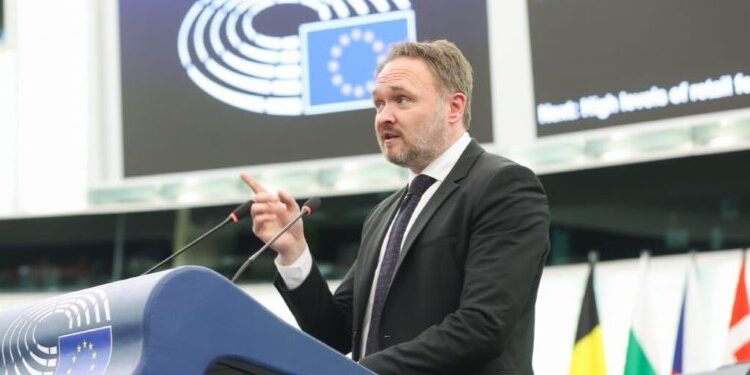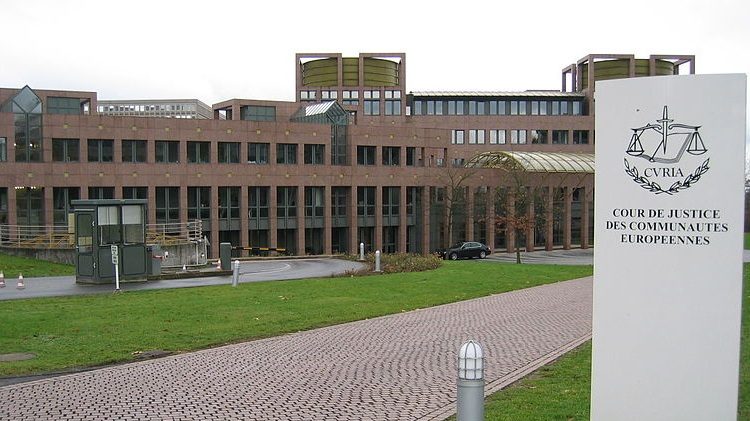Ane Barcos
The European Commission will propose a review of the regulatory framework for the security of energy supply early next year, which will include measures to strengthen resilience to crises, improve storage, and protect critical infrastructure from physical and cyber threats. This was announced by Energy Commissioner Dan Jørgensen this Wednesday in the European Parliament, where he described the recent blackout as a warning that should not be ignored.
European Energy Commissioner Dan Jørgensen warned this Wednesday before the European Parliament that the blackout should be interpreted as a wake-up call: energy security cannot be taken for granted. He also emphasized that these episodes reinforce a key lesson: the need for solidarity in times of crisis. “We must work together to build a strong and sustainable European Energy Union,” he stated, noting that integration, interconnection, and shared investment are essential to ensuring a clean and secure energy future.
During a debate on the resilience of the EU’s electricity infrastructure and the blackout that affected the Iberian Peninsula on April 28, Jørgensen stated that he has maintained direct contact with the energy ministers of Spain and Portugal since the incident, and that the European Commission has offered its full support and collaboration in the ongoing investigations.
He specified that, in addition to the national-level investigations, an independent investigation will be carried out by ENTSO-E (the European Network of Transmission System Operators for Electricity), the results of which will be discussed within the Electricity Coordination Group, with the participation of the Commission.
Although the final results are still awaited, Jørgensen considered that some preliminary lessons can already be drawn. He recalled that crisis preparedness is one of the four pillars of the EU’s Affordable Energy Action Plan, which aims to accelerate the transition to a more secure, sustainable, and accessible energy system. He also mentioned that energy security has been one of the main motivations behind the plan to phase out dependence on Russian gas, which he presented the day before.
The Commissioner announced that the Commission will propose a review of the regulatory framework for security of supply early next year. This review will include aspects such as flexibility, energy storage, supply chain resilience, and the protection of critical infrastructure from physical and cyber threats.
Regarding the Commission’s priorities for strengthening European energy infrastructure, Jørgensen highlighted three key areas: systems integration, strengthening interconnections, and increased investment. He explained that deeper integration will allow all Europeans to benefit from a common energy market, an objective that will be furthered through the creation of an Energy Union Task Force in coordination with the Member States.
He also highlighted the importance of improving electricity interconnections between countries to facilitate mutual support during emergencies. Although more than 100 Projects of Common Interest have already been completed, Jørgensen insisted that “we must go further.”
“The 21st century requires 21st-century grids,” he emphasized. This means investing not only in storage and flexibility, but also in electrification, digitalization, and clean energy. These investments, he concluded, will not only contribute to meeting climate goals but will also ensure more affordable and secure energy for homes and businesses.







